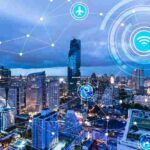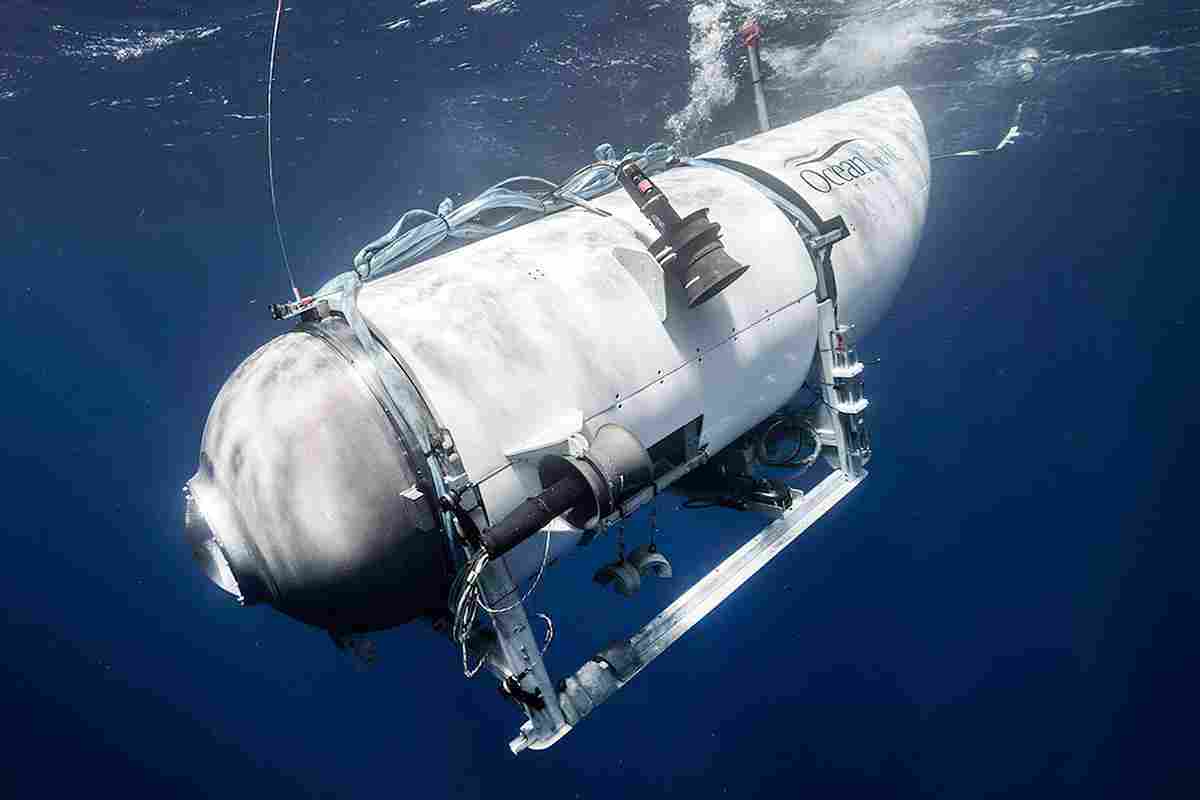Innovation and Impact has rapidly evolved over the past few decades, significantly reshaping how we live, work, and communicate. In this article, we explore the latest trends, breakthroughs, and challenges in the world of technology, as well as its impact on society and the future ahead.
The Rise of Artificial Intelligence
Artificial Intelligence (AI) has become a cornerstone of modern technological progress. From self-driving cars to advanced robotics and virtual assistants, AI is changing the way we interact with the world.
AI’s ability to learn from data, recognize patterns, and make decisions without human intervention has led to significant advancements in various industries, including healthcare, finance, and entertainment. In healthcare, AI-powered algorithms can analyze medical images, predict patient outcomes, and even assist in drug discovery. In finance, AI-driven trading systems and chatbots have revolutionized how we manage investments and customer service.
Despite its potential, AI raises ethical concerns. Questions about bias in algorithms, job displacement due to automation, and the safety of AI-powered systems are areas that need careful consideration as this technology continues to evolve.
The Next Step in Connectivity
One of the most anticipated technological advancements in recent years is the rollout of 5G networks. This new generation of mobile internet promises faster speeds, lower latency, and improved connectivity, allowing for a more seamless digital experience.
With 5G, the world can expect a wide range of new possibilities. For example, augmented reality (AR) and virtual reality (VR) applications, which require large amounts of data transmission, will benefit from 5G’s high bandwidth and low latency. Additionally, the Internet of Things (IoT) will see a significant boost as billions of devices become interconnected, leading to smarter homes, cities, and industries.
While the benefits of 5G are clear, there are challenges to its global adoption. The infrastructure required for 5G is expensive, and rollout is happening at different speeds across countries. Security is also a concern, as the increased connectivity could open the door to more cyberattacks.
Blockchain Technology: Innovation and Impact
Blockchain technology, best known for being the foundation of cryptocurrencies like Bitcoin, is gaining traction in other sectors as well. Blockchain’s decentralized nature allows for secure, transparent, and tamper-proof transactions, making it an attractive solution for industries like supply chain management, healthcare, and even voting systems.
In supply chains, blockchain can track the journey of goods from manufacturer to consumer, ensuring transparency and reducing fraud. In healthcare, blockchain can securely store medical records, giving patients more control over their data. As for voting systems, blockchain could offer a more secure, transparent, and efficient way to conduct elections, minimizing the risk of fraud.
However, widespread adoption of blockchain faces hurdles, including regulatory challenges, scalability issues, and the environmental impact of mining cryptocurrencies.
The Growth of the Internet of Things (IoT) Innovation and Impact
The Internet of Things (IoT) refers to the network of interconnected devices that communicate with one another, enabling automation and data exchange. From smart thermostats to wearable health monitors, IoT is transforming how we interact with the world around us.
In smart homes, IoT devices like voice assistants, smart lights, and security systems provide convenience and efficiency. For example, smart thermostats learn user preferences and adjust temperatures automatically, saving energy and money. In IoT devices monitor patients’ vital signs, enabling doctors to track their health remotely and provide real-time updates.
As IoT continues to grow, its potential expands into sectors such as agriculture, manufacturing, and transportation. However, security concerns remain a significant challenge. With billions of devices connected to the internet, the risk of cyberattacks increases, prompting the need for better security protocols and standards.
Virtual Reality and Augmented Reality: Changing the Way We Experience the World
Virtual Reality (VR) and Augmented Reality (AR) are revolutionizing how we experience entertainment, education, and even work. While VR immerses users in a completely virtual environment, AR overlays digital elements onto the physical world.
In entertainment, VR offers immersive gaming experiences, while AR enhances mobile gaming by blending virtual elements with the real world. In education, VR can provide interactive learning experiences, taking students on virtual field trips or allowing them to explore historical events in a fully immersive environment.
The potential of VR and AR also extends to industries like real estate, healthcare, and retail. For instance, VR can help doctors practice surgeries, while AR can assist shoppers by providing virtual try-ons or in-store navigation.
Despite their potential, VR and AR face challenges in terms of hardware limitations, cost, and user adoption. However, as technology advances, these immersive technologies are likely to become more mainstream.
Sustainable Technologies: Innovation and Impact
As technology advances, it is crucial to consider its impact on the environment. From energy consumption to waste management, technological innovations must strive for sustainability to ensure a greener future.
One such innovation is renewable energy technology. Solar panels, wind turbines, and energy storage systems are becoming more efficient and cost-effective, enabling a shift away from fossil fuels toward clean energy sources. Smart grids, powered by IoT and AI, can optimize energy distribution, reducing waste and lowering carbon emissions.
Electric vehicles (EVs) are another area of technological progress aimed at reducing environmental impact. With advancements in battery technology, EVs are becoming more affordable, and infrastructure like charging stations is growing rapidly. However, challenges remain, such as the environmental impact of battery production and the need for more widespread charging infrastructure.
Ethical Considerations and the Digital Divide Innovation and Impact
As technology continues to advance, ethical considerations play a critical role in shaping the future. Issues such as data privacy, surveillance, and the digital divide must be addressed to ensure that technological progress benefits everyone equitably.
Data privacy is a significant concern, especially as personal information is increasingly stored and shared online. Regulations like the General Data Protection Regulation (GDPR) in Europe aim to give users more control over their data, but as technology evolves, new challenges will arise in safeguarding privacy.
The digital divide, or the gap between those with access to technology and those without, remains a major issue, particularly in developing countries. Bridging this divide is essential to ensuring that all people have the opportunity to benefit from technological advancements.
Also visit for more Information
Conclusion: Innovation and Impact
Innovation and Impact Technology is evolving at an unprecedented rate, and its impact on society will only continue to grow in the coming years. While AI, 5G, blockchain, and other innovations promise to transform industries and improve lives, they also present challenges that must be carefully addressed.
As we look to the future, it is essential to balance technological progress with ethical considerations, sustainability, and equitable access. By doing so, we can harness the power of technology to create a better world for all.










